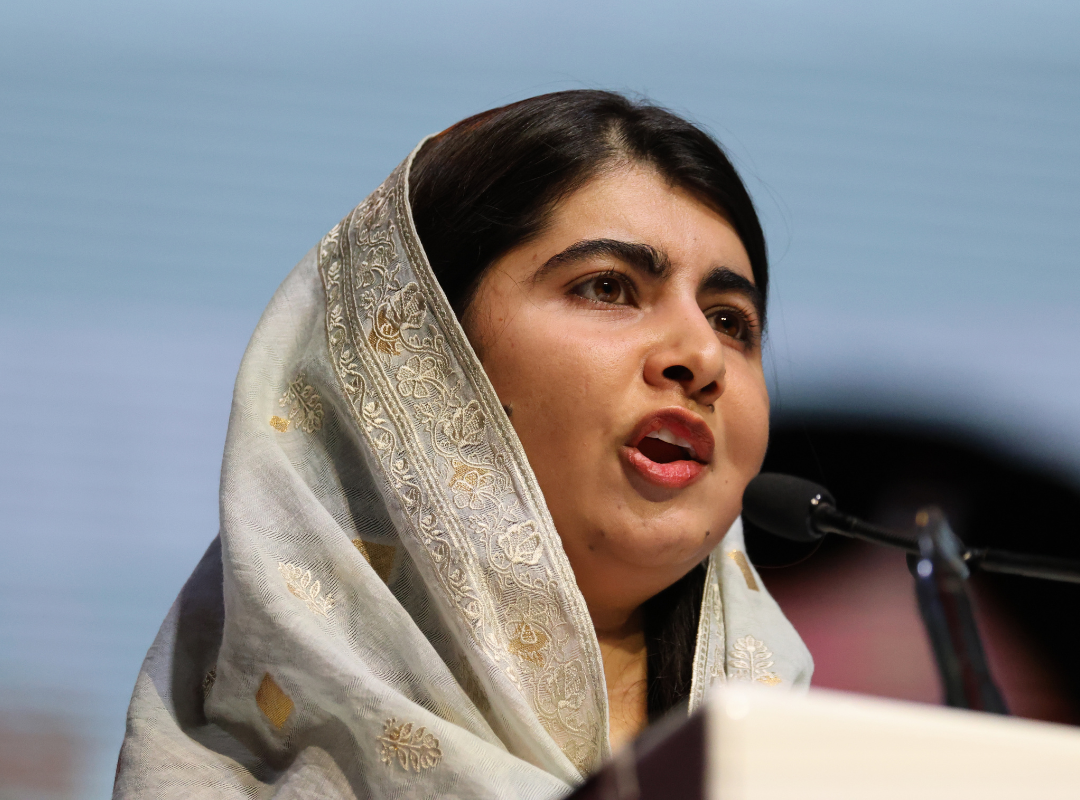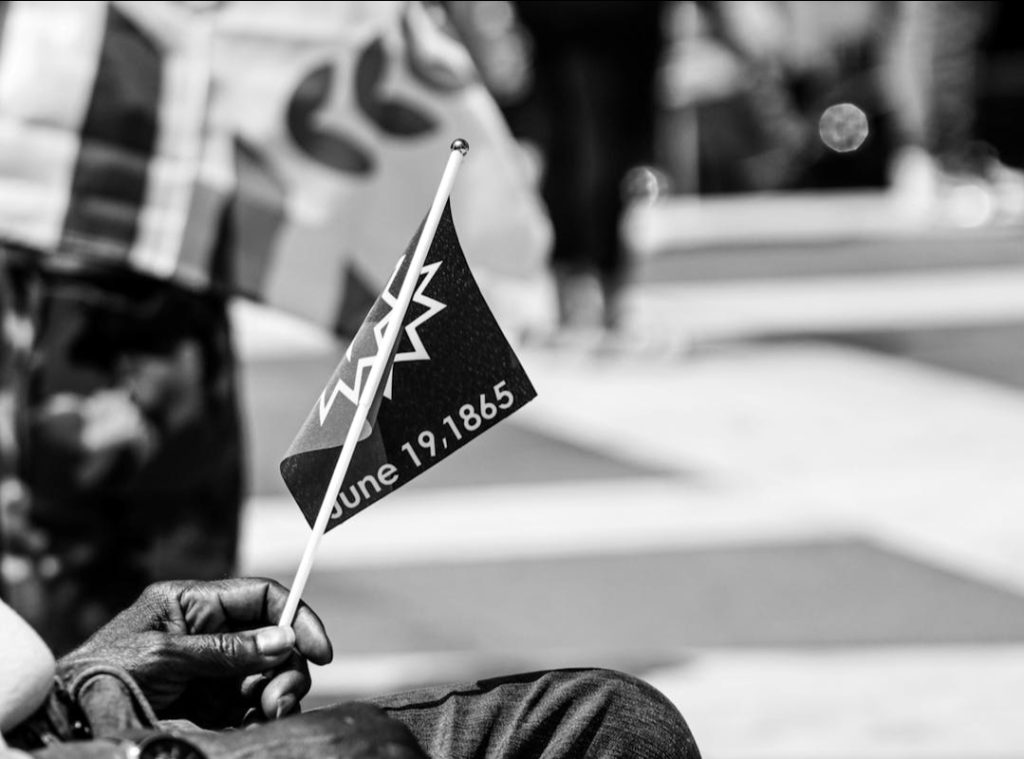Living in a society where women were expected to submit to silence, Malala Yousafzai was the fearless voice of freedom. She was born in Pakistan on July 12, 1997, and her father, Ziauddin Yousafzai, vowed to give her a life that many young women in her country were denied. He had witnessed and experienced the vicious cycle of patriarchy and sexism within his country for his whole life, and he wanted to be the father who broke that cycle.
Ziauddin was a teacher at an all-girls school in Pakistan, where he educated young women at the same level that boys in Pakistan were already learning. He viewed education for women of great importance and in a 2014 TED Talk he said, “Admission in a school means recognition of her identity and her name. Admission to a school means that she has entered the world of dreams and aspirations where she can explore her potential for her future life.” So educating his only daughter in a patriarchal society was one of his main life goals. His goal for his other female students was to teach them to unlearn the lessons of obedience that had been instilled in them. Malala started going to school at the age of four, and she blossomed in school. She loved learning and being around other enthusiastic “disobedient” girls.
But in January 2008, when Malala was just 11 years old, Talibanization was sweeping over Pakistan. Amongst many other terrible things, the Islamic Taliban began neglecting and controlling women’s rights. The Taliban banned women from receiving education, burned schools, forced them back into the home, disallowed them to shop at the markets unaccompanied by a man, and forced women to wear ultra-conservative clothing. Women and girls were to be silent, but that was a difficult thing for Malala to sit back and do when her rights were being stripped.
Malala “spoke out publicly on behalf of girls and [their] right to learn. And this made [her] a target” to the Taliban. Malala and Ziauddin became known in Pakistan for speaking out against the Taliban regime and authority. In 2008, her father took her to Peshawar, and Malala gave her first speech about girls’ education rights when she was just 11 years old! This was just the start of her journey. From this young age, she advocated and fought for justice and change, and Malala was a courageous voice for the women who were forced to be voiceless.
In October 2012, a Taliban gunman entered the bus that Malala was riding and was fed up with her disobedience. He shot her in the left side of her face, and Malala became unconscious for the next 10 days. By a miracle, Malala survived through months of surgeries, prayers, and recovery. The Yousafzai family was forced to take refuge in the United Kingdom because of the Taliban control in Pakistan and the target on Malala’s back.
As an advocate for education and an activist for women’s rights, Malala wanted to finish her education. She felt it was important to show how girls can make a big difference in the world while prioritizing their education. Malala became the youngest Laureate of the Nobel Peace Prize in 2014, and a lifelong symbol of equal education rights. She continued her education and studied Philosophy, Economics, and Politics at Oxford University, graduating in 2020. She showed the world that the most barricading limits cannot hold a woman back from the equal rights she deserves.
To honor Malala and her incredible life and efforts to change the world, Malala Day occurs every year on her birthday, July 12. The day is also significant because she delivered a powerful speech to the United Nations in 2013. To celebrate Malala Day there are many things, big and small, that you can do:
- Read Malala’s autobiography I Am Malala: The Girl Who Stood Up for Education and Was Shot by the Taliban. It tells the story of her life in great detail, and it is an inspirational read.
- Watch the 2015 documentary He Named Me Malala. It is a touching film where the audience can experience the joy that Malala emulates. I smiled, laughed out loud, and cried.
- Consider donating to her Malala Fund. The goals that Malala Fund is trying to achieve are all about getting girls back in the classrooms in third-world countries, aiding in student’s psychological and physical needs, and supporting teachers in these areas.
- Ziauddin Yousafzai wrote an autobiography in 2018 called Let Her Fly: A Father’s Journey. It details how impactful his upbringing was on his parenting and his perspective on his daughter’s incredible journey. He details how and why he “didn’t clip Malala’s wings” like most Pakistani fathers did to their daughters, but he instead let her fly.
- Explore YouTube or the Malala Fund website to watch one or more of Malala’s powerful speeches.
- Malala wants July 12 to be a day when others are inspired to speak up for world peace. July 12 can be the day when you do one thing to make a difference in something you are passionate about.
Malala is a beautiful example of peace, change, and joy. Her story is one that everyone should pay attention to, and her name is one that everyone should know. She famously said, “If you don’t raise your voice, it is unlikely anyone will hear you.” Let us be inspired to raise our voices for good causes and to create a more peaceful world.
Her Nexx Chapter invites you to join our free Community where women from around the world are connecting with each other’s stories, exploring different experiences, and transforming ideas.
The Future of Connection for Women
flowcomm, CC BY 2.0 <https://creativecommons.org/








0 Comments